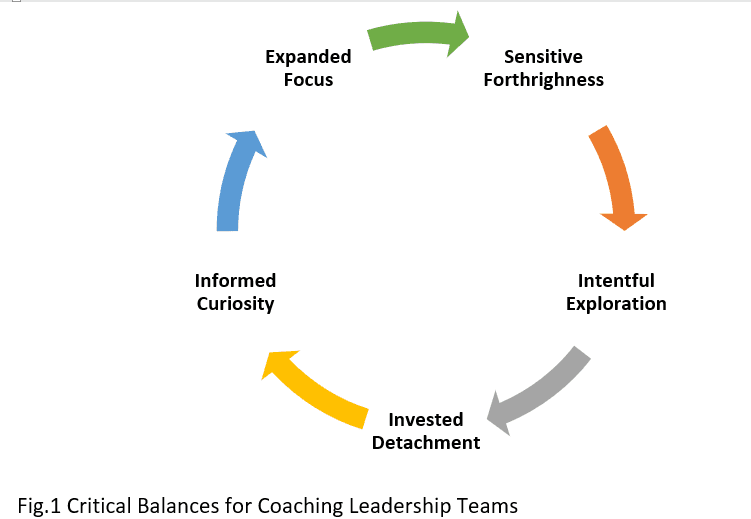Batman Vs. Superman: Coaching Senior Leadership Teams
Can sustainable business value truly be generated with brilliant individuals managing their own parts like mini kingdoms?
One of the key barriers to strategic thought and action has remained common to hundreds of business leaders, CEOs and founders: the amount of time spent in operational decision-making and in bringing together the efforts of all of their brilliant super heroes.
When the responsibility for creating a whole that is greater than the sum of its parts rests solely with the CEO or founder, it leaves little time for the planning and foresight that could take the business to the next level.
The managing director of a mid-sized public organization had hired highly experienced functional leaders with demonstrated expertise. Yet, many decisions were still passed on to him, and he was also being called on to resolve impasses between the leaders. A top team coaching intervention brought down his operational involvement by 65%!
Coaching senior leadership teams involves providing distinctly observable value to highly talented, impatient and sometimes skeptical leaders. It is important for the coach to be able to confront authority structures and power dynamics.
With more than 12 years spent coaching top leadership teams, I’ve learned that success lies in striking the right balance between seemingly opposite competencies and approaches.
5 Critical Balances that We Need to Embody as Coaches

1) Expanded Focus
The ability to notice the dynamics in the room, read the energies and observe the flow of power are crucial to explore the unspoken realities of a team. It is important for the coach to ask questions and share insight that allows the team to notice their own patterns and yet bring attention and conscious deliberation only to the most pertinent.
The essential balance here is between expanding awareness while narrowing focus.
2) Sensitive Forthrightness
Direct, forthright and to-the-point communication is essential when working with senior teams. Capturing and playing back the hard-hitting truths that we observe and sense has to be balanced with a skillful sensitivity that allows leaders to hold on to their sense of self. Yet, we must not be so indirect that the truths lose value.
It is very important to be mindful not just of the overall dynamics, but also the dynamics between each of the team members.
The essential balance here is between bluntness and diplomacy—being able to communicate in a direct manner that does not take away the unspoken power from the leaders.
3) Intentional Exploration
Authentic exploration that helps leaders reflect, reframe, generate and consider alternate points of view leads them to discover and create superior solutions.
When working with groups (as opposed to individuals), it is easy to get lost in the many layers that exploration may uncover. It is important to keep re-centering energies and discussions on the goal and to actively engage the whole team. An approach that is too open and reflective can take away the certainty that is essential for action.
The essential balance here is between authentic exploration and future focus, a balance between insight and purposefulness.
4) Invested Detachment
This is a balance that plays out in two areas of leadership coaching.
It is great to be invested in and draw happiness from the accomplishments of your clients. At the same time, it is important to stay detached from the need for gratification during the process of coaching.
Another way in which this plays out is in ensuring that we are not seen to be aligned with or having a preference for any leader or sub-group. Holding consistent positive regard for every member of the team and an awareness of their individual aspirations for themselves is an important part of the process.
The essential balance here is between being actively engaged and invested yet remaining impassive and outside of the dynamics.
5) Informed Curiosity
A well-developed understanding of businesses, how they strategize, how they operate and how they generate revenue is essential to be an effective coach at the leadership team level. Familiarity with work-life challenges, dilemmas and inherent conflicts in business leadership are what allows the coach to earn credibility and ask the incisive or insightful questions that will help them move forward.
The essential balance here is in using the knowledge for better comprehension not to bias outcomes or offer solutions.
When done well, leadership team coaching brings out hidden patterns and unresolved topics so they can be managed, and teams can redirect energies to the larger strategic goal. In my experience, the benefits of leadership team coaching typically revolve around measurable, positive shifts in the following areas:

Coaching helps the team take charge of their outcomes. It results in the true utilization of the diverse expertise and valuable experiences that exist in the room.
©Shweta HandaGupta 2020. Original author must be visibly credited in any reproduction in whole or in part.


